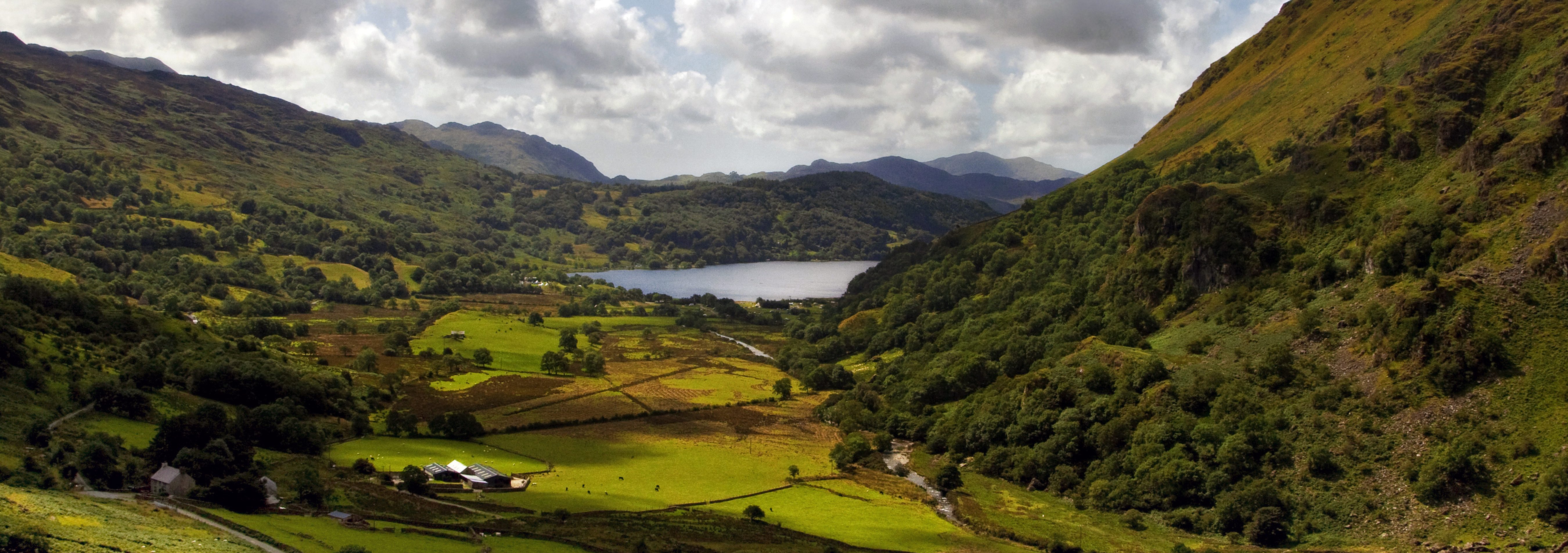What does the Queen’s Speech mean for the natural environment?
There were 24 bills announced in the Queen’s speech on Wednesday 21stJune 2017. Eight of the bills relate to Brexit, of which three are of particular interest to members and the sector:
Repeal Bill (it is no longer “Great” apparently…)
This Bill intends to allow for a smooth and orderly transition as the UK leaves the EU, ensuring that, wherever practical, the same rules and laws apply after exit and therefore maximising certainty for individuals and businesses. The Bill will repeal the European Communities Act 1972 and convert EU law into UK law as we leave the EU.
Significantly, and where CIEEM still has concerns, it will create temporary powers for Parliament to make secondary legislation, enabling corrections to be made to the laws that do not operate appropriately once we have left the EU.
The bill will replicate the common UK frameworks created by EU law in UK law, and maintain the scope of devolved decision-making powers immediately after exit. This will be a transitional arrangement to provide certainty after exit and allow intensive discussion and consultation with the devolved administrations on where lasting common frameworks are needed.
The Bill does not put any constraints on the withdrawal agreement we will make with the EU and further legislation will be introduced to support such an agreement if and when required.
Agriculture Bill
In line with the Conservative manifesto, the Bill will aim to ensure that after the UK leaves the EU we have an effective system in place to support UK farmers and protect our natural environment.
The Bill is intended to provide stability to farmers as we leave the EU, and protect the natural environment for future generations.
The bill will include measures to ensure that after the UK leaves the EU, and therefore the Common Agricultural Policy, we have an effective system in place to support UK farmers and protect our natural environment.
The government says it will consult widely with the devolved administrations on the appropriate extent of any legislation.
Fisheries Bill
As the UK leaves the EU, the Bill aims to enable the UK to exercise responsibility for access to fisheries and management of its waters, and for the UK to set its own quotas once we have left the EU in order to ensure prosperity for a new generation of fishermen as well as preserve and increase fish stocks.
Aspects of the Bill will extend to the UK, as international matters are not devolved. The government will consult widely with the devolved administrations on the appropriate extent of any legislation.
Of wider interest to members and the sector are bills and non-legislative measures relating to infrastructure, Brexit engagement, and education:
High Speed 2 Phase 2A Bill
The Bill will provide the powers to build and operate the next stage of the HS2 network between Birmingham and Crewe.
Brexit Engagement
The government says that it has been clear that the devolved administrations should be fully engaged in this process, and that they will continue to engage the devolved administrations as the government seeks a deal that secures the specific interests of Northern Ireland, Scotland and Wales, as well as those of all parts of England.
Technical Education
The government says it is determined to create a world-class technical education system and see technical excellence valued as highly as academic success. We will be investing an additional £500 million a year in England’s technical education system. The Post-16 Skills Plan, published in July 2016, confirmed the Government’s acceptance of all 34 of the recommendations made by the Independent Panel on Technical Education to improve technical education. The centrepiece of the proposals was the introduction of 15 technical education routes (within which sit “T-levels”) based on standards designed by employers and grouping together occupations where there are shared training requirements. Each route would allow progression from Level 2, which is the GCSE-equivalent, to level 5, the Higher National Diploma equivalent for college-based, and to level 7 for apprenticeships. As part of our Industrial Strategy, we will also deliver on our plans for new Institutes of Technology. These will enable more young people to take advanced technical qualifications and become key institutions for the development of the skills required by local, national and regional industry.
Environment
Sadly there is no Environment Bill in the speech as this was not in the Conservative manifesto (nor was one in the Labour manifesto). The Liberal Democrats, Green Party, UKIP and Plaid Cymru however did commit to Environment Acts or similar in their manifestos.
Ongoing Uncertainly
Despite the speech there is still considerable uncertainty for the UK and the indeed whether the current government will last long enough to implement the above bills and initiatives.
Further information can be found at:
https://www.gov.uk/government/publications/queens-speech-2017-background-briefing-notes
